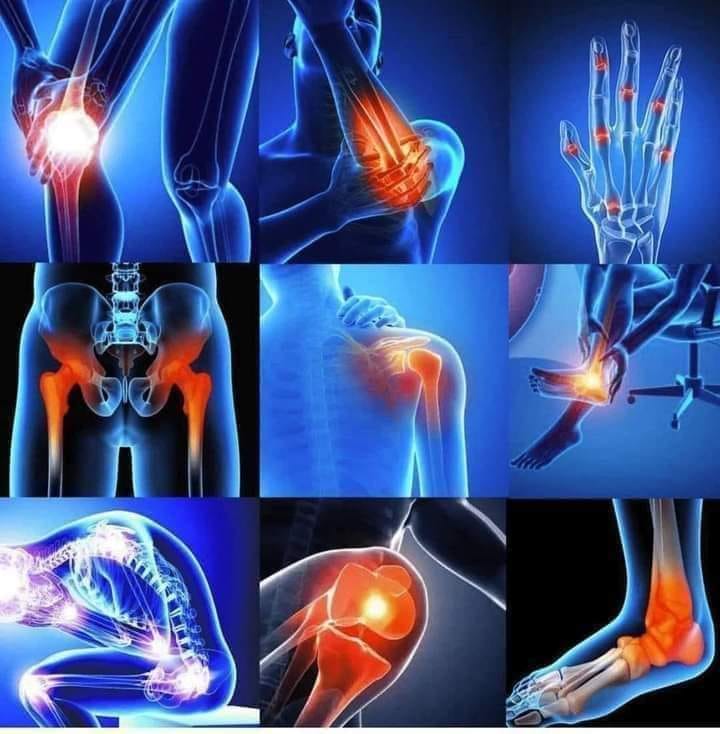Collagen is a protein that provides elasticity to bones, cartilage, and connective tissues. As we age, the body’s collagen production decreases, leading to stiffer joints and brittle bones.
Collagen-Rich Foods
- Bone Broth: This ancient remedy is packed with collagen, minerals, and amino acids that are vital for maintaining the flexibility and resilience of bones.
- Gelatin: Found in foods like jellies or gummy snacks, gelatin is derived from collagen and helps improve bone elasticity.
Collagen Supplements
If you’re not getting enough collagen through your diet, collagen supplements can be an easy way to boost your intake. Look for hydrolyzed collagen, which is easier for the body to absorb.
How Collagen Supports Elasticity: Collagen forms the flexible framework of bones, reducing brittleness and improving shock absorption, which prevents fractures.
3. Magnesium: The Unsung Hero for Bone Flexibility
While calcium gets most of the attention, magnesium plays a key role in bone health by converting vitamin D into its active form, which helps the body absorb calcium. It also helps regulate calcium and potassium levels in bones and muscles.
Magnesium-Rich Foods
- Nuts and Seeds: Almonds, cashews, chia seeds, and flaxseeds are rich in magnesium.
- Whole Grains: Quinoa, brown rice, and oats provide excellent amounts of magnesium.
- Dark Chocolate: A delicious and surprising source of magnesium, dark chocolate (with at least 70% cocoa) supports bone health while satisfying your sweet tooth.
How Magnesium Aids Elasticity and Strength: Magnesium helps keep bones strong and flexible, ensuring the calcium is properly integrated into the bone structure.
4. Vitamin K2 for Bone Mineralization
Vitamin K2 helps transport calcium into the bones and prevents it from depositing in the arteries. It works alongside vitamin D to promote bone mineralization and strength.
Vitamin K2-Rich Foods
- Fermented Foods: Natto (fermented soybeans), sauerkraut, and kefir are excellent sources of K2.
- Hard Cheeses: Certain aged cheeses, like gouda and cheddar, contain significant amounts of K2.
- Egg Yolks and Meat: Animal-based products, especially organ meats, contain smaller but valuable amounts of K2.
How Vitamin K2 Enhances Strength: By guiding calcium into the bones, K2 ensures that the mineral is effectively used for strengthening the skeleton and preventing calcification in the arteries.
